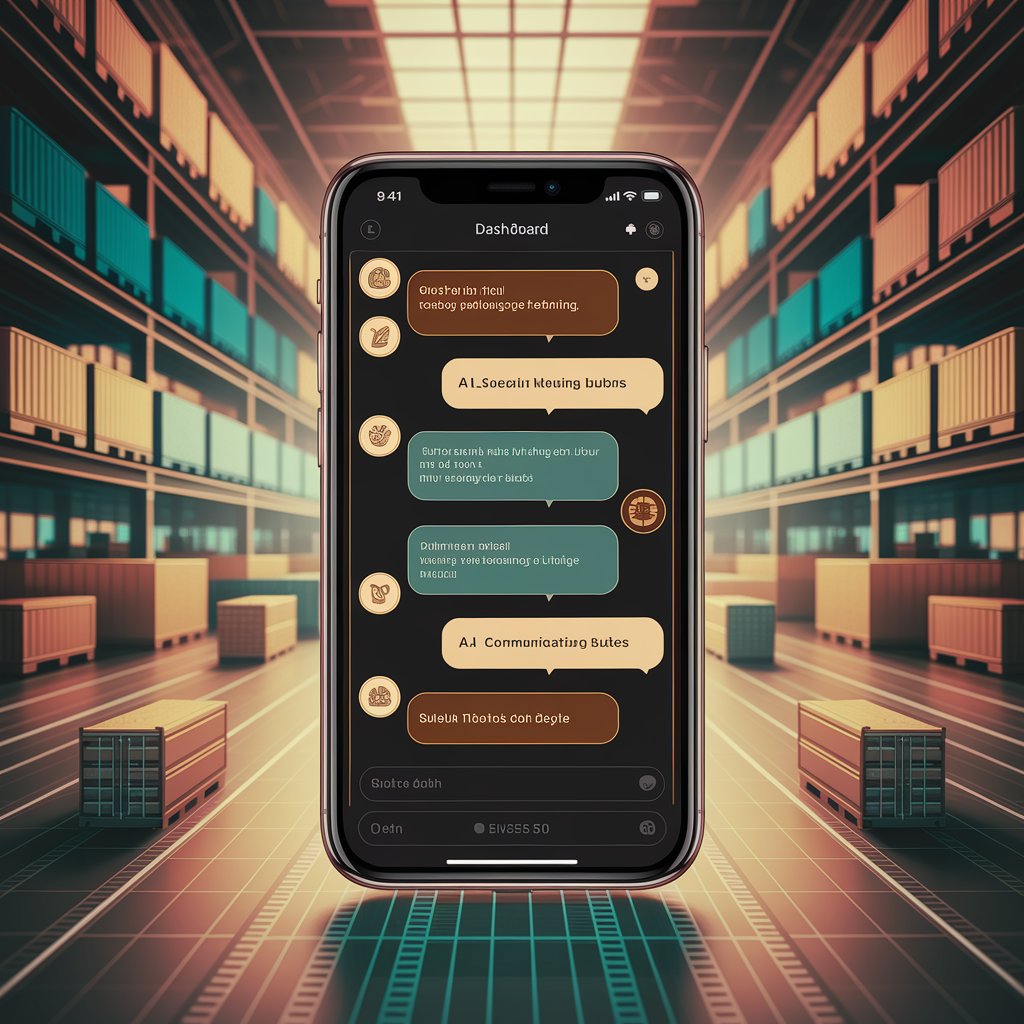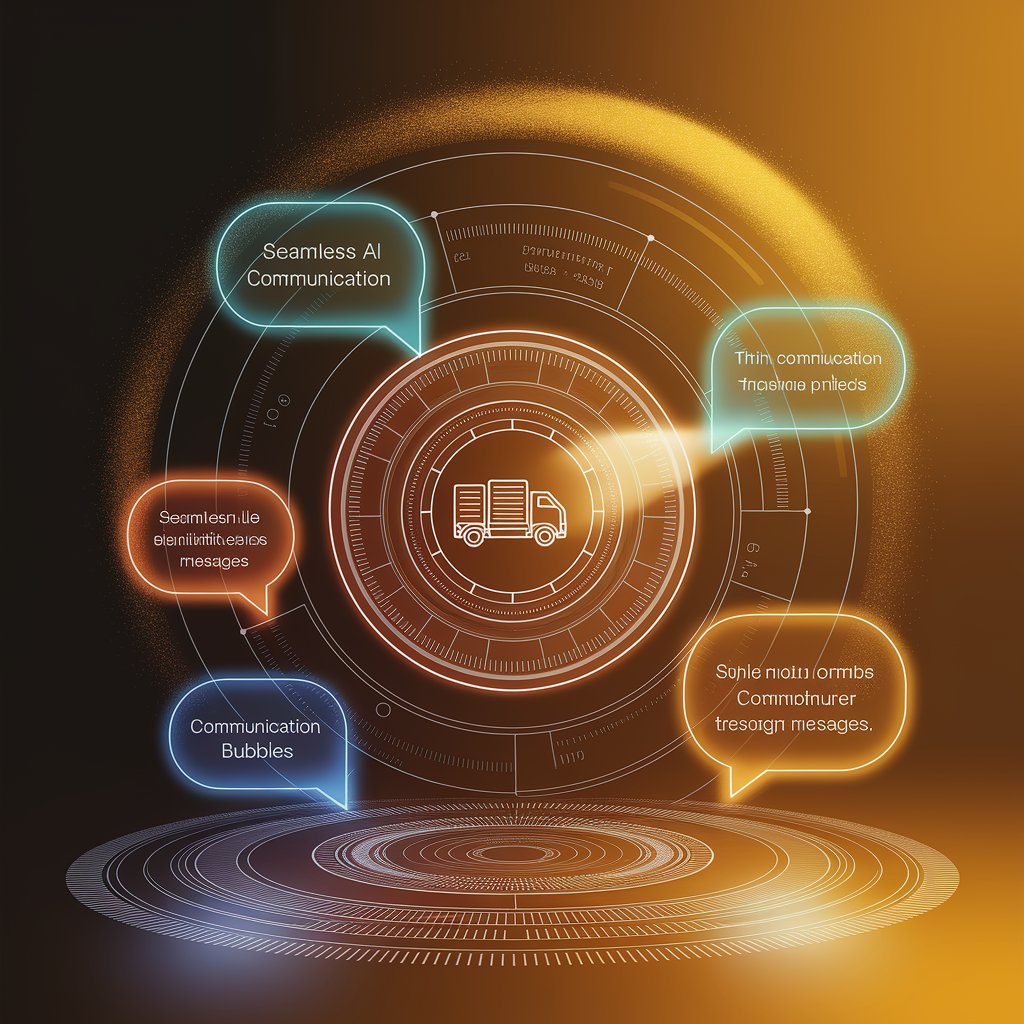Automated Freight Chat Tools: Redefining Communication in Logistics

Introduction
Automated freight chat tools provide the solution. By integrating AI-powered chat systems into logistics workflows, companies can offer real-time updates, automate routine interactions, and deliver better customer experiences while reducing operational strain.
What Are Automated Freight Chat Tools?
Automated freight chat tools are AI-driven messaging platforms that connect logistics providers and clients in real time. Unlike traditional chat services, these tools are designed to:
- Respond instantly to shipment inquiries
- Provide automated tracking updates
- Answer FAQs about rates, bookings, or documents
- Escalate complex issues to human agents
- Integrate directly with TMS, WMS, and CRM systems

Key Features of Automated Freight Chat Tools
- 24/7 Availability: Always-on communication with clients and partners.
- Shipment Tracking Integration: Real-time milestone updates delivered automatically.
- Rate & Quote Assistance: Provide instant freight quotes on demand.
- Multilingual Support: Serve global clients with language flexibility.
- Escalation Workflow: Seamlessly transfer complex issues to human support.
Benefits for Logistics Providers
- Improved Customer Experience: Clients receive faster and more reliable responses.
- Reduced Workload: Free staff from repetitive inquiries and manual updates.
- Error Reduction: Automated systems minimize miscommunication.
- Scalability: Support growing volumes of inquiries without hiring additional staff.
- Brand Differentiation: Modern, digital-first communication builds trust.

Real-World Applications
- Freight Forwarders: Provide automated shipment status to clients instantly.
- Carriers: Share real-time fleet updates via chatbots.
- 3PL Providers: Offer clients self-service communication for routine questions.
- E-commerce Logistics: Handle high-volume shipment inquiries efficiently.
The Future of Freight Communication
Future will integrate deeper with AI and predictive analytics. They won’t just answer questions—they’ll anticipate client needs, suggest route optimizations, and proactively notify users of potential delays or compliance risks. Voice-enabled AI assistants may also emerge as the next step in freight communication.

Conclusion
Automated freight chat tools are transforming logistics communication by combining speed, accuracy, and scalability. With AI-powered chat, logistics providers can deliver better customer service, reduce errors, and streamline workflows. In a global market where transparency and responsiveness matter, adopting automated freight chat solutions is essential for staying competitive.
